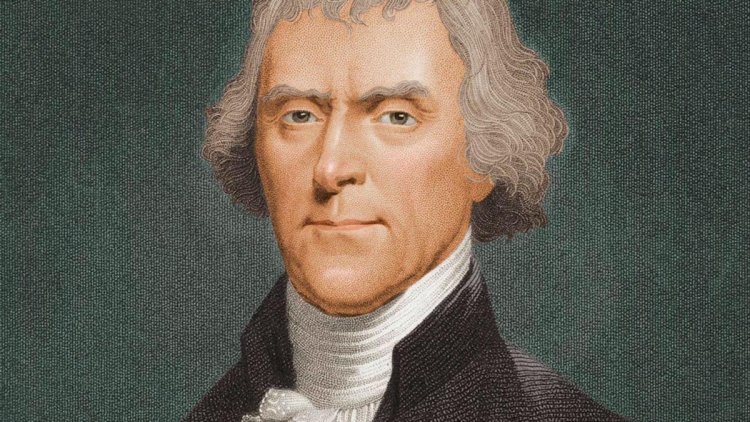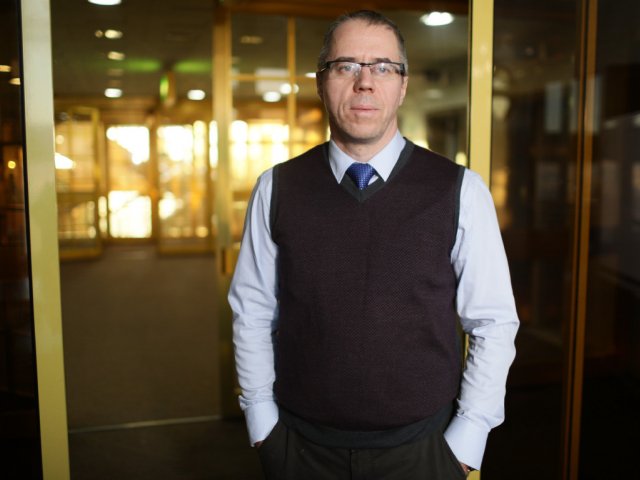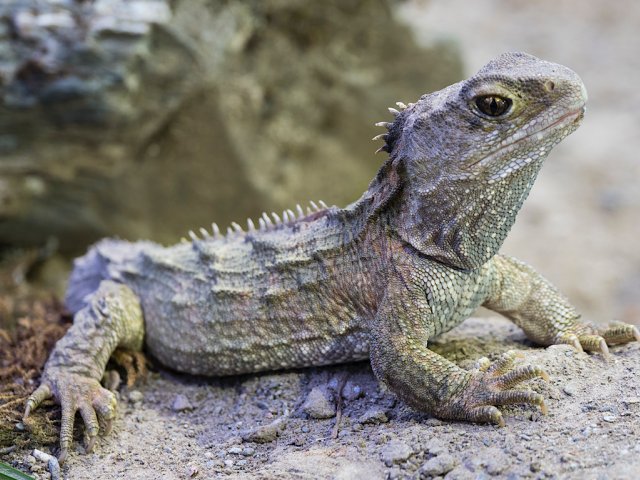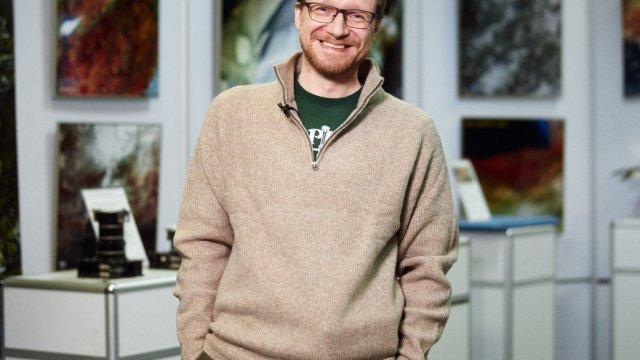Official:
Thomas Jefferson. April 13, 1743 – July 4, 1826. Outstanding political figure, diplomat, lawyer and philosopher of the Enlightenment, one of the founding fathers of the United States. The third president of the United States. Author of the most famous text on human rights.
Life and Work:
1. Kennedy once gave a dinner in honor of the Nobel laureates. Looking around the room, packed with remarkable people, the American president joked that the White House had not seen such a concentration of talent and genius for 150 years, ever since Thomas Jefferson dined here all alone.
2. Thomas Jefferson was born in the town of Shadwell in the colony of Virginia. He was the third of eight children in a family that was part of the American elite. His father, Peter Jefferson, originally from Wales, was a planter and did plantation surveying. The future celebrity’s mother, nee Jane Randolph, a navy captain and planter’s daughter, was a great-niece of the first president of the Continental Congress.
3. At the age of nine, Thomas was sent to a local school, where he started studying French, ancient Greek, and Latin.
4. At the age of 14, Jefferson became an orphan and a rich heir: his father left Thomas about 5,000 acres of land and several dozen slaves. When Jefferson grew up, he built the Monticello mansion on this land – a perfect sample of American classicism and a future UNESCO World Heritage Site.
5. After receiving a classical school education in a nearby town, Jefferson went to the College of William and Mary in Williamsburg, Virginia. The philosophy department taught mathematics, metaphysics, and, of course, philosophy.
6. As a student, Jefferson learned to speak French fluently and fell in love with ancient Greek so much that he always carried his grammar textbook with him. Also, he started to practice the violin.
7. After graduating from college with excellent grades, Jefferson studied law for another five years with the father of American jurisprudence, George Wythe. The teacher and the student became so close that Thomas called Wythe a second father.
8. According to contemporaries, Jefferson studied for fifteen hours a day. The studies bore fruit: today Thomas Jefferson is considered a remarkable lawyer, politician, engineer-inventor, good writer, historian, mathematician, farmer, botanist, and philosopher.
9. Jefferson invented the piano swivel chair and founded the Library of Congress, building on his own rich book collection.
10. Jefferson made a good political career – from a parliamentarian and governor in Virginia to an envoy to France, the first secretary of state in the US history, and, ultimately, the third president of the United States.
11. Jefferson served two presidential terms and did many useful things for the country – from purchasing Louisiana, which almost doubled the United States territory, to mounting a transcontinental expedition that reached the Pacific coast and establishing diplomatic relations with Russia.
12. In the midst of all Thomas Jefferson’s success stories, one thing stands out like an everest – the Declaration of Independence, the founding document of the American Revolution, which was passed by the Continental Congress on July 4, 1776 and proclaimed the separation of the thirteen North American colonies from the United Kingdom.
13. Written by Jefferson in seventeen days, the Declaration asserted the right of the people to overthrow a despotic government, proclaimed the fundamental ideas of democracy – equality of people, their “unalienable Rights, that among these are Life, Liberty and the pursuit of Happiness.” Jefferson worded all these difficult-to-understand things in excellent and accessible language.
14. The third US president was a well-known author of aphorisms and coined the term “PR.”
15. The ten rules of life that Thomas Jefferson set out in a letter to a young relative should be stamped in gold on marble. Here are a couple of them: “Always take things by their smooth handle,” “Nothing is troublesome that we do willingly.”
16. The “sage of Monticello” spent his last seventeen post-presidential years in this very Monticello mansion in Virginia. And not idly: he maintained extensive correspondence with politicians and scientists, worked as president of the American Philosophical Society, actively engaged in agriculture, founded the University of Virginia.
17. In accordance with Jefferson’s plan, the University of Virginia was the first institution to separate higher education from religious education.
18. Jefferson died on a significant day – the fiftieth anniversary of the adoption of the Declaration, which is inseparably associated with his name. The tombstone bears an epitaph that he composed himself. In it, the scientist and statesman listed the most important things he did in his life. In the epitaph, he described himself as the author of the Declaration of Independence and the Virginia Religious Freedom Act, as well as the founding father of the University of Virginia.
19. In 1772, Jefferson married his second cousin, Martha Wayles Skelton, who was already a widow at the time. Martha bore him six children, yet his only son died immediately after birth.
20. Every American can have a look at Jefferson’s face – the portrait of the scientist and president is emblazoned on a two-dollar bill and a five-cent coin.
21. Jefferson’s name adorns the map of the United States. And in a grand manner: more than two dozen US cities and counties are named after Jefferson






















